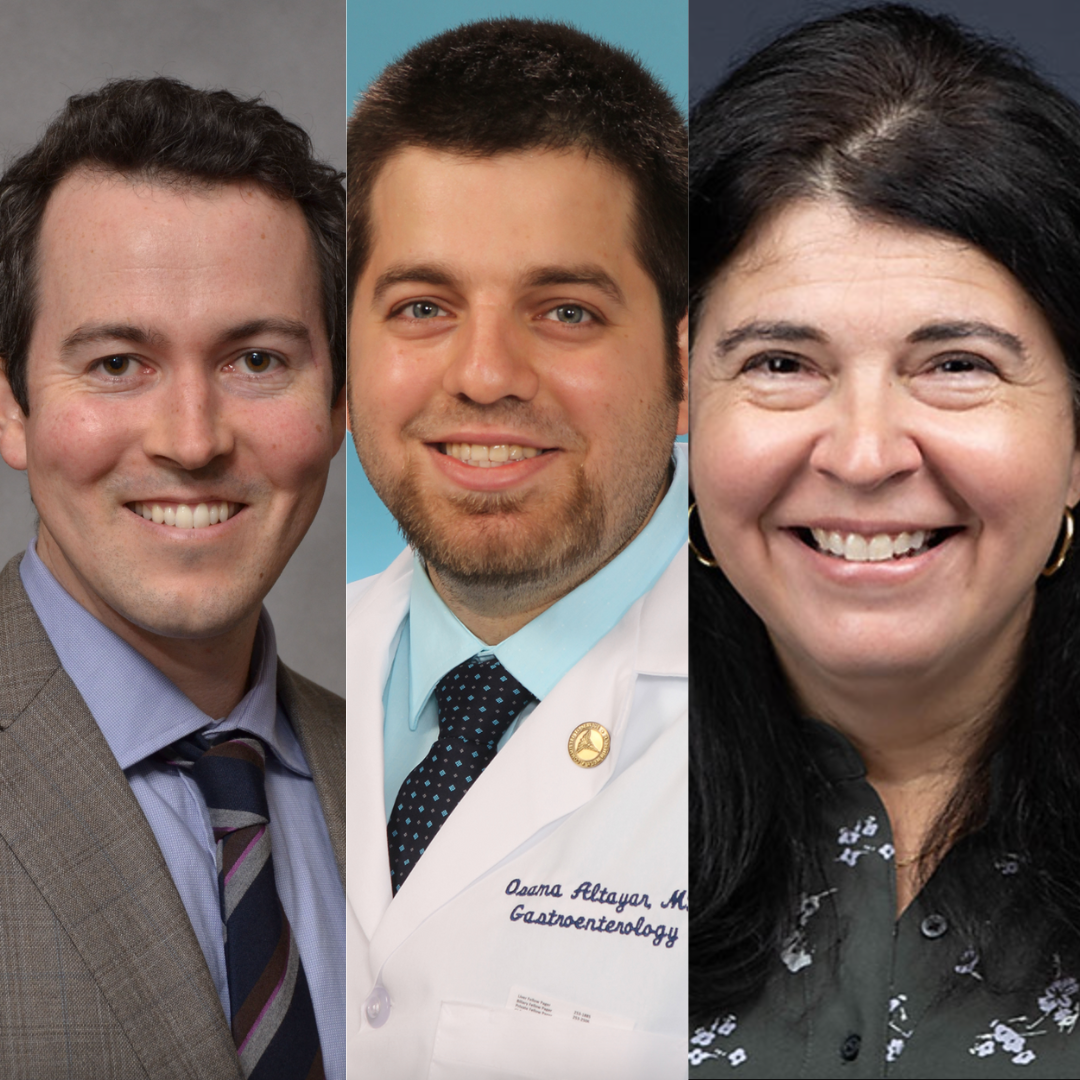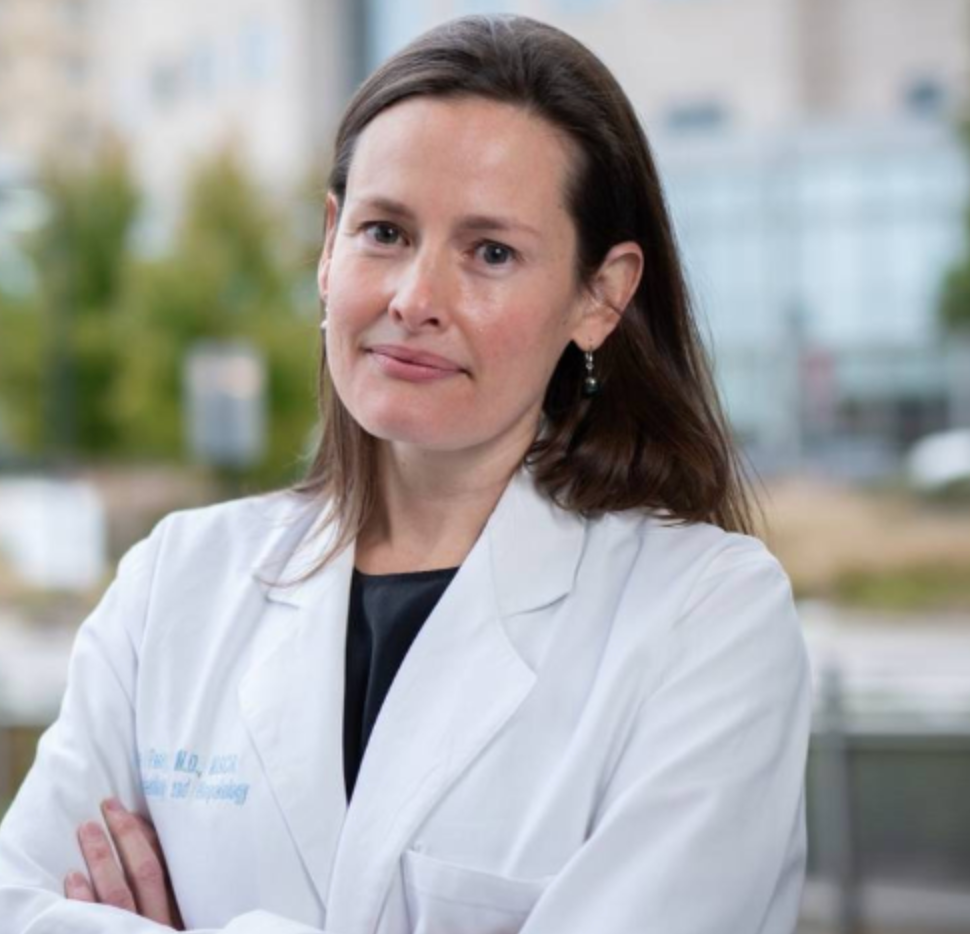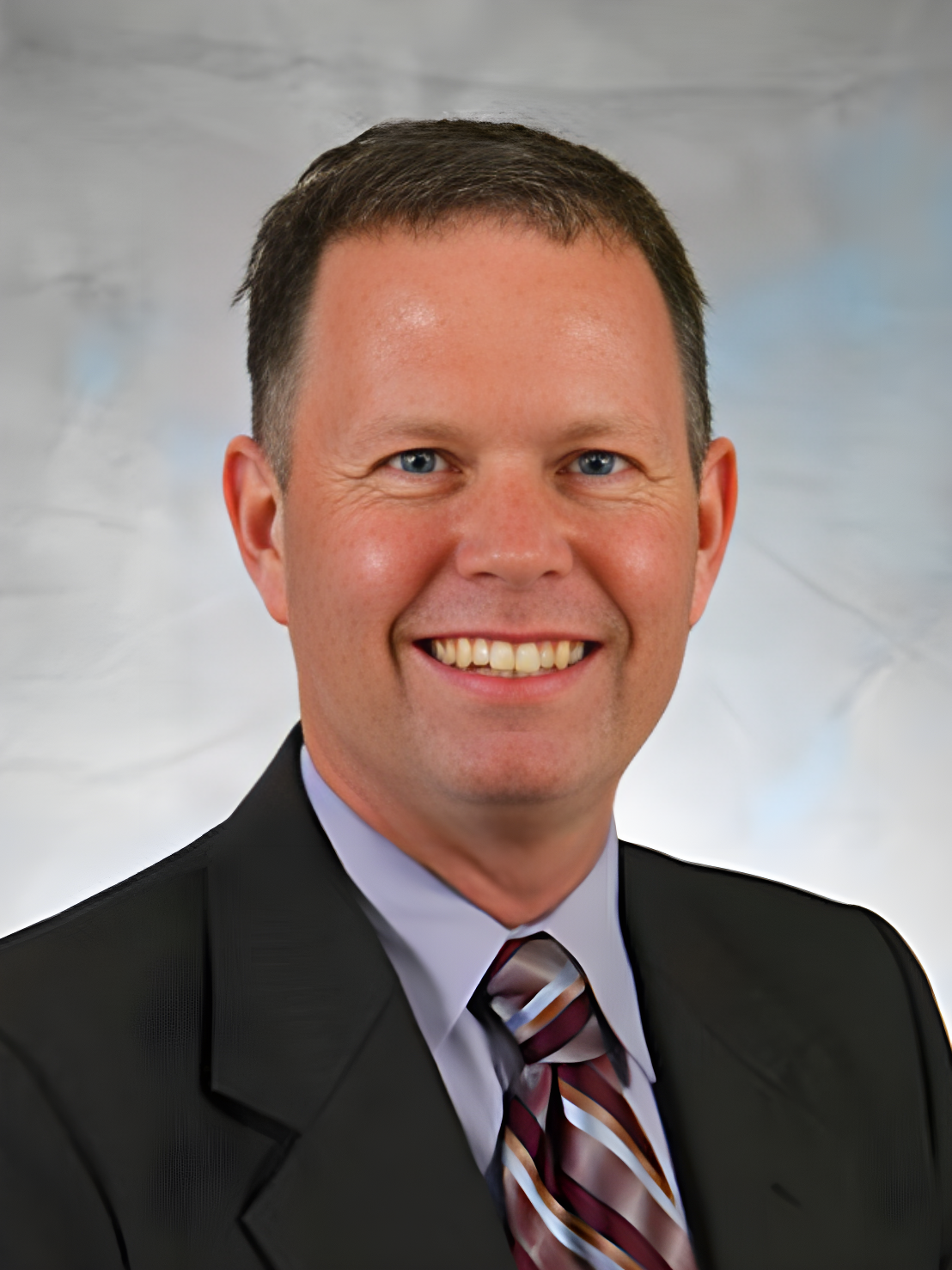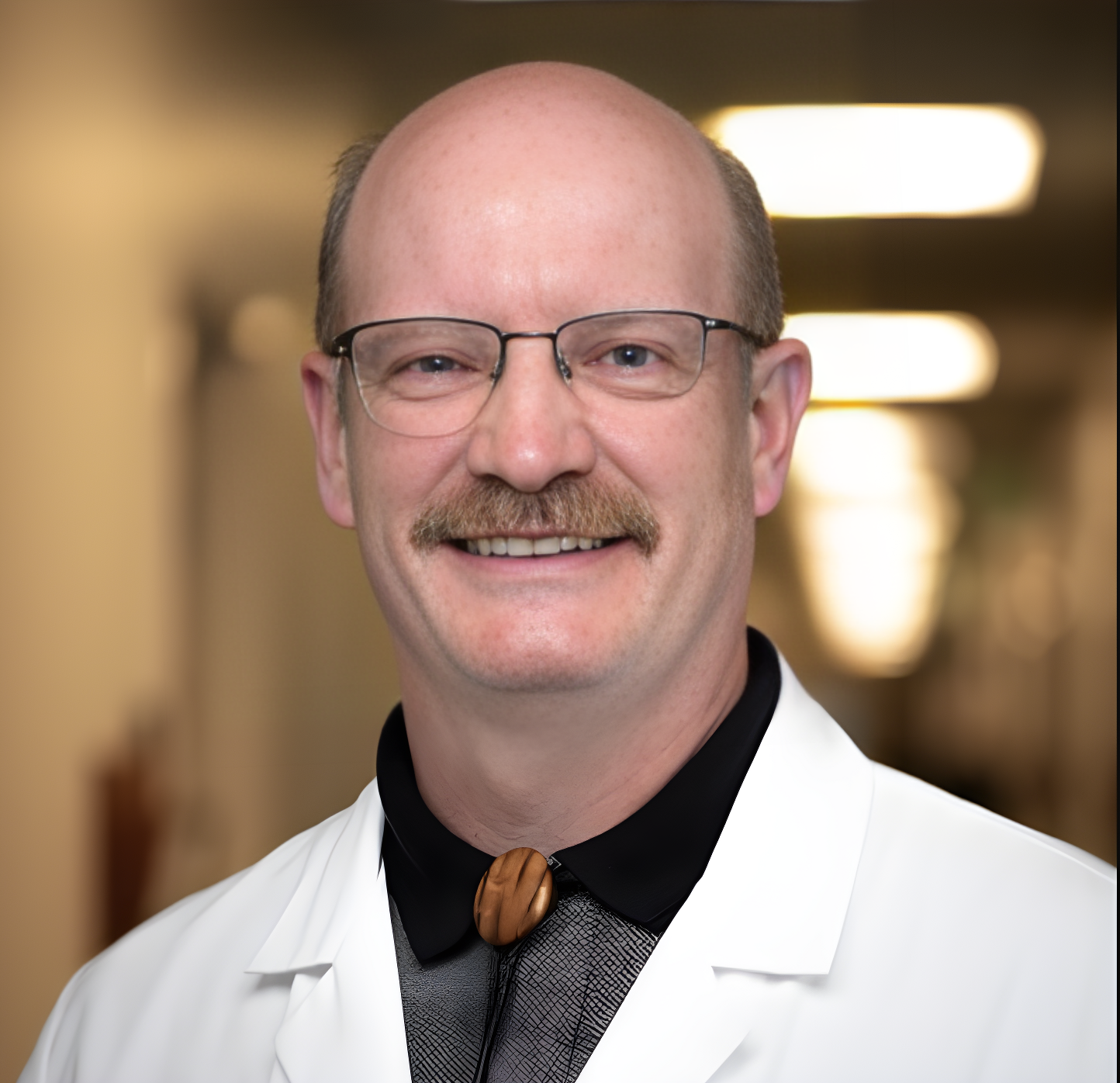Video
Use of Live-JSLM in the Treatment of CDI
Author(s):
Joseph Reilly, BS, PharmD, BCGP, provides an overview of a new FDA-approved FMT therapy, live-jslm for the treatment of CDI.
Stuart Johnson, MD: Recently, the FDA approved fecal microbiota suspension for the prevention of recurrent CDI [C difficile infection]. Joseph, can you give us more information about this new treatment?
Joseph Reilly, PharmD, BS, BCGP: Sure. Fecal microbiota, live-jslm is the first live biotherapeutic approved by the FDA for the prevention of recurrent C diff. And when I say recurrent C diff, the FDA approval is for adults who've had at least one previous episode. So, it could be the second case of CDI. And it's a live fecal microbiota suspension, a small volume, 150 cc, that's rectally instilled in patients after the completion of their antibiotic therapy, 1 to 3 days after completion of these antibiotics. It's a new treatment. It's the first of its class that's been approved by the FDA. It's been rigorously tested from screened donors, and it provides a treatment option for patients to prevent recurrences of C diff.
Stuart Johnson, MD: And actually, this is the first therapeutic that's been developed that directly addresses that major mechanism of CDI recurrence, that dysbiosis, if you will. That's exciting in that part, in that respect. Since this product is made from human fecal matter, would there be concern about carrying pathogens? We talked a bit about this before.
Joseph Reilly, PharmD, BS, BCGP: Yes. Concerns about pathogens from FMT has always been a concern. And there were warnings from the FDA sent out about patients who got very sick after FMT therapy, particularly enteropathogenic E coli infection and such. This is an FDA-approved product, and it comes from donors that were screened. So it's sourced from qualified donors. The screening process is rigorous and continually developed. They check for intestinal parasites, multidrug-resistant bacteria, such as MRSA [methicillin-resistant Staphylococcus aureus] and VRE [vancomycin-resistant enterococci] a number of different viruses, including the SARS-CoV-2 virus. It also screens for enteropathogenic E coli, Shiga toxin-producing E coli, and all the typical pathogens that you would be concerned about. The fact that it's available on the market, FDA approved, gives the provider some comfort as to the safety of this product and that it's rigorously screened.
Stuart Johnson, MD: Thank you. And so, in regards to the FDA approval of this product, can we discuss the study design of their phase 3 clinical trial for FMT? Can you give us a bit of that?
Joseph Reilly, PharmD, BS, BCGP: So, the phase 3 trial, the PUNCH CD3 trial, was a randomized double-blind placebo-controlled trial, randomized 2:1 for live-jslm vs placebo. In patients that had recurrent C diff upon the completion of their antibiotics, they either received live-jslm 1 to 3 days after completing their antibiotics or placebo. And the primary outcome measures were 8 weeks after treatment, whether or not they had a recurrence of CDI. The patients were also followed out through 6 months for the development of adverse events as well.
It was FDA approved and the difference between the treatment effect and placebo was just over 13%. So, it demonstrated superiority over placebo at 8 weeks. And what's interesting is that the patients who did respond, even in the placebo group who did not have a recurrence at 8 weeks, those 2 arms had a sustained clinical response. So over 90% of the patients 6 months down the line did not have recurrences.
Stuart Johnson, MD: And how about the mix of patients that were enrolled as far as their recurrences go?
Joseph Reilly, PharmD, BS, BCGP: Some of the patients that were involved in this study had over 3 recurrences and that was over 30% of the patients and, and many of them had a single recurrence. It goes in contrast with what the guidelines recommend at your third episode of C diff, at the second recurrence. But patients in this study, in the FDA approval, is for the prevention of recurrences of C diff. And it doesn't particularly say, for the FDA approval or in this study, that it had to be at the third episode of C diff.
Stuart Johnson, MD: Correct. Thank you for that. And what were the adverse effects of FMT, this live FMT product live-jslm, that were observed during this trial?
Joseph Reilly, PharmD, BS, BCGP: The emergence of adverse events in this study were higher in the live-jslm arm, but most of the adverse events that did occur were within 2 weeks following treatment. And after that period, the patients were followed out to 6 months, and they were similar between both arms as they monitored these patients. Adverse effects were generally self-limiting and mild in general, gastrointestinal events such as diarrhea or abdominal pain. Some patients might experience some cramping, but nothing that resulted in patients having to be withdrawn from the trial because of their treatment.
Stuart Johnson, MD: And no major differences between the placebo group, as you mentioned?
Joseph Reilly,PharmD, BS, BCGP: There was a higher rate of adverse events in the treatment group in the first 2 weeks after treatment.
Stuart Johnson, MD: With that exception?
Joseph Reilly, PharmD, BS, BCGP: Yes.
Transcript edited for clarity





